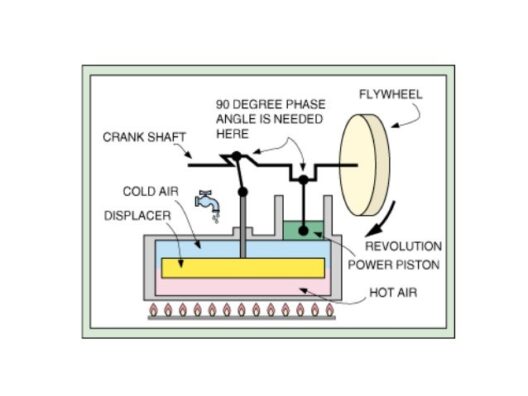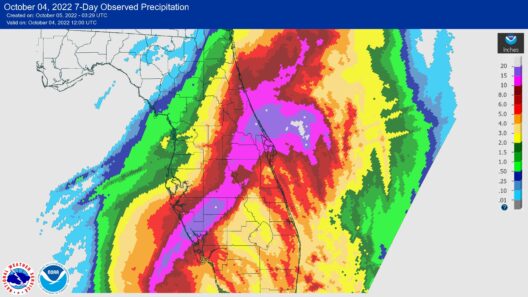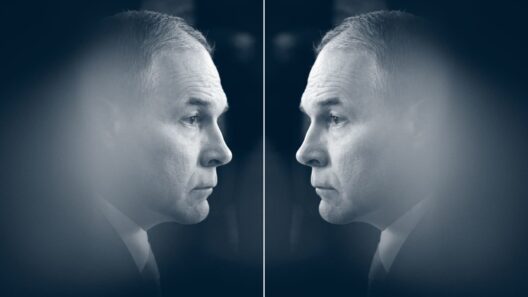Addressing the climate crisis has become a focal point of contemporary discourse, eliciting myriad responses from individuals, communities, and governments alike. Yet, the journey from blame to action is often fraught with distractions, misinformation, and apprehension. Have you ever pondered how a personal commitment can translate into collective momentum against climate change?
In the past, the narrative surrounding climate change was heavily laden with blame. Politicians pointed fingers at corporations, while corporations pulled the wool over the public’s eyes with greenwashing tactics. Leaving the masses to feel disillusioned, the situation created an atmospheric tension where few knew which way to turn or whom to trust. Yet, in the swirling maelstrom of inaction, a transformative awakening began. This paradigm shift from blame to action is imperative if we are to forge a more resilient future.
To catalyze this shift, it is essential to first recognize the complex dynamics at play. Humanity is at a crucial junction where apathy and despair could easily overshadow optimism and proactive engagement. While it is valid to hold parties accountable—large corporations for their carbon emissions, politicians for their policy failures—the act of blaming often hampers genuine progress. When individuals engage in a blame game, they inadvertently abdicate personal responsibility, feeling justified in their inaction.
So, what obstacles do we face as we pivot towards constructive action? One major challenge lies in our consumer habits. The modern economy thrives on convenience and consumerism, creating a paradox where the desire for sustainability often clashes with daily routines. Yet, this is precisely where the hopeful opportunities reside. Adopting a mindset centered around sustainable living requires a thorough introspection of values and priorities. Instead of relegating responsibility solely to distant industries, individuals can adopt eco-conscious practices such as reducing waste, choosing ethical products, and advocating for local initiatives.
Furthermore, collective action can lead to systemic change. Communities around the globe have begun mobilizing towards ambitious climate goals. They organize community clean-ups, reforestation drives, and educational workshops aimed at fostering environmental awareness. Social media platforms have taken the mantle, galvanizing the younger generations to participate in large-scale climate strikes and protests, demanding accountability and tangible change from those in power. The sheer force of this communal activism paves the way for policy reforms, inspiring governments to act with urgency.
Despite the growing movement, cynicism still permeates the discussions surrounding climate action. It is crucial to address the psychological barriers that impede progress. Many feel overwhelmed; the enormity of the crisis breeds a helpless mindset. How can one person affect the tide of climate change? This leads to the profound realization that individual actions, while seemingly small, ripple into broader societal shifts. Every conscientious choice contributes to a collective wave of change where the effect magnifies when multiplied by a community.
An eco-centric lifestyle can appeal to various motivations—health, ethics, and fiscal responsibility. Plant-based diets are not only beneficial for personal health but also significantly reduce carbon footprints. Advocating for renewable energy sources in one’s neighborhood can usher in substantial economic benefits and energy independence. The connection between personal choices and environmental impact is paradoxically enlightening and empowering. One’s decisions can act as a catalyst, shifting societal norms and influencing larger systemic behaviors.
As we stall between blame and action, it becomes vital to cultivate a resilient mindset that embraces both the urgency of the situation and the hope inherent in collective action. Transitioning to renewable energy, advocating for local biodiversity, and supporting organizations that prioritize sustainability are merely threads in a vast tapestry woven from grassroots efforts to international protocols. Progress stems not only from grand gestures but also from incremental changes ingrained in our daily lives.
The challenge, then, lies in maintaining momentum, transcending mere awareness and transitioning into sustainable practices that uphold the ideals of future generations. As we strive to innovate and adapt, let us commit to fostering a culture that values environmental stewardship—a culture that recognizes its intrinsic interdependence with nature. Will we rise to the occasion and work together to architect a sustainable future, thereby ensuring resilience for the next generation?
In conclusion, the evolution from a mindset of blame to one rooted in actionable intent is vital for confronting climate change effectively. Each person holds a piece of the solution, and as we embrace a new narrative—one of collaboration and innovation—we can replace the fog of blame with a clear path towards sustainable practices that empower not just ourselves, but the global community at large. Together, we can not only mitigate the effects of climate change but also pave the way for a harmonious coexistence with the planet.







